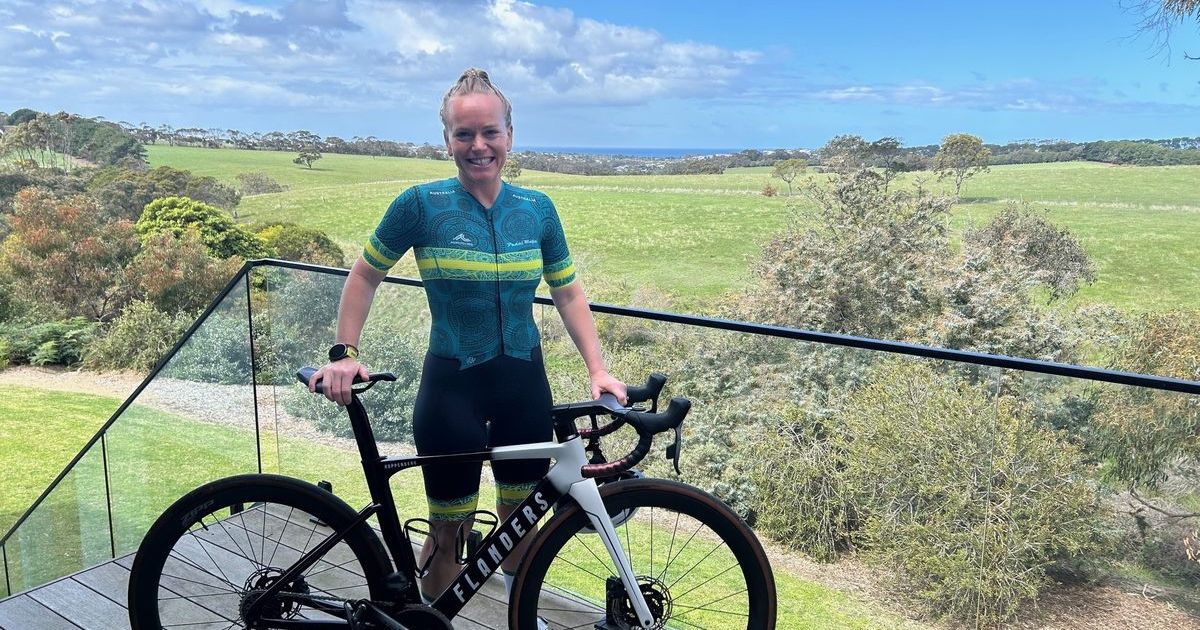BE AWARE OF BURNS THIS MONTH
Experts and emergency services have joined Kidsafe Australia to urge parents and carers to be vigilant and act to reduce the risks of burns and scalds this winter, a time of increased risk for babies and young children.
The call comes at the beginning of National Burns Awareness Month – an Australia-wide campaign launched in early June by Kidsafe Australia that focuses on raising awareness of the prevention and correct first aid treatment for burns and scalds.
Dr Warwick Teague, director of trauma and burn surgeon at The Royal Children’s Hospital in Melbourne, said that burn injuries can have a long-term impact on children, not just physically, but also mentally.
“Burn injuries really do have a longlasting effect on the whole family, so we need to do everything we can to prevent burns from occurring.
“If a burn happens, then it’s critical that cool running water is applied to the burn area for a minimum of 20 minutes Administration of the correct first aid measures can make a significant difference in the child’s rehabilitation and long-term outcome of the burn injury.”
Data from the Burns Registry of Australia and New Zealand show that during 2016/17, nearly 1,000 Australian and New Zealand children were admitted to a burns unit. Scalds were the most common cause of burns in children (57 per cent), followed by contact (23 per cent) and flame (10 per cent) burns.
Kidsafe Australia spokesperson Melanie Courtney said the kitchen was the most dangerous room in the house with half of all child burns injuries occurring there.
“Burns in the kitchen usually occur whilst a child is near an adult preparing food or hot drinks. It’s important as adults that we are vigilant and take steps to restrict children’s access to the kitchen during meal preparation times, to reduce the risk of a serious burn or scald.
“Hot liquid at 60°C only takes one second to cause a third-degree burn to a child’s skin. Water boils at 100°C, which is why Kidsafe recommends placing hot drinks safely away from table or bench edges and never holding a child with a hot drink in hand. All it takes is for them to throw their arms around to spill the hot water onto themselves.”
Other common places where children are at risk of burn injuries include the living room, bathroom, outdoor kitchen or garden, particularly at times when children are playing.
Download a safety checklist at kidsafe.com.au/national-burnsawareness- month.


















